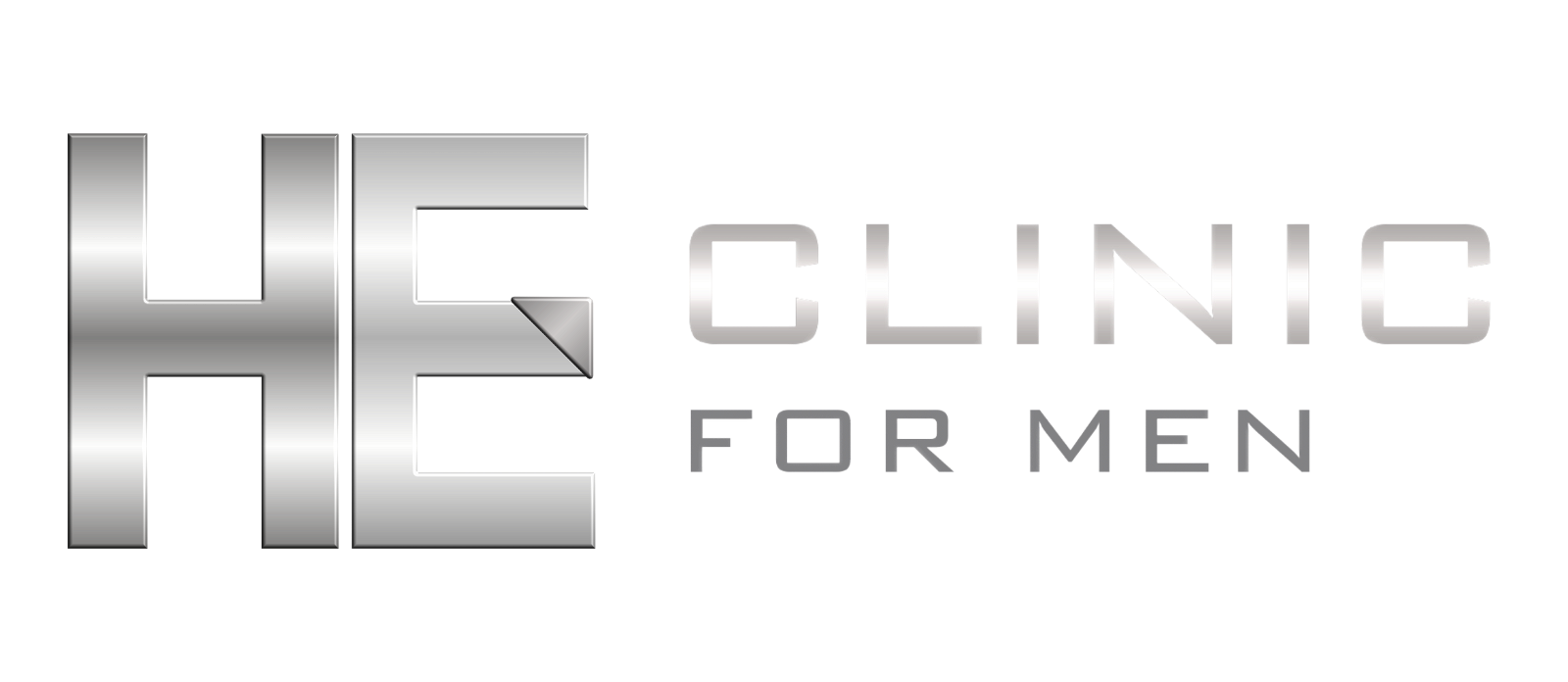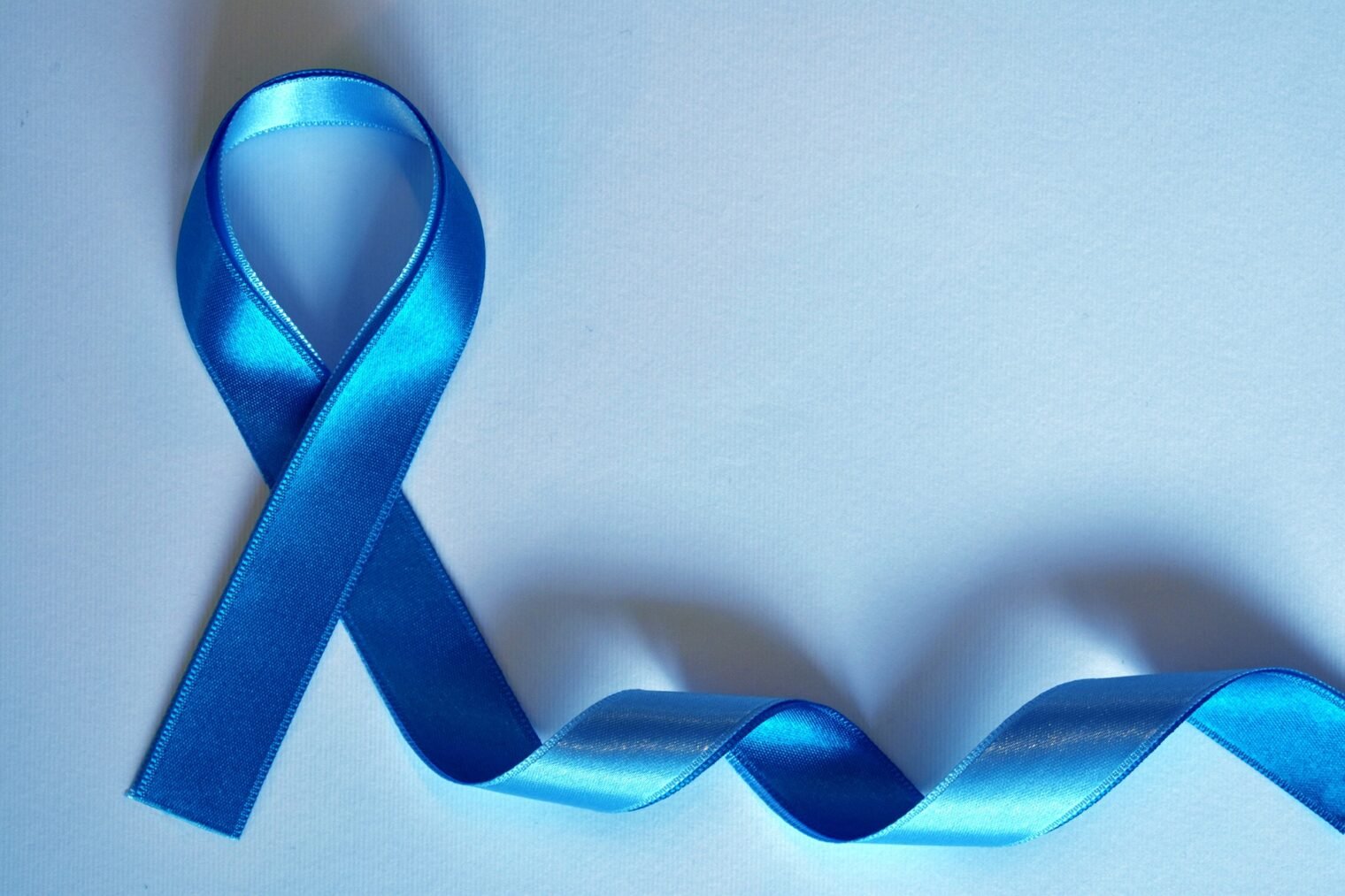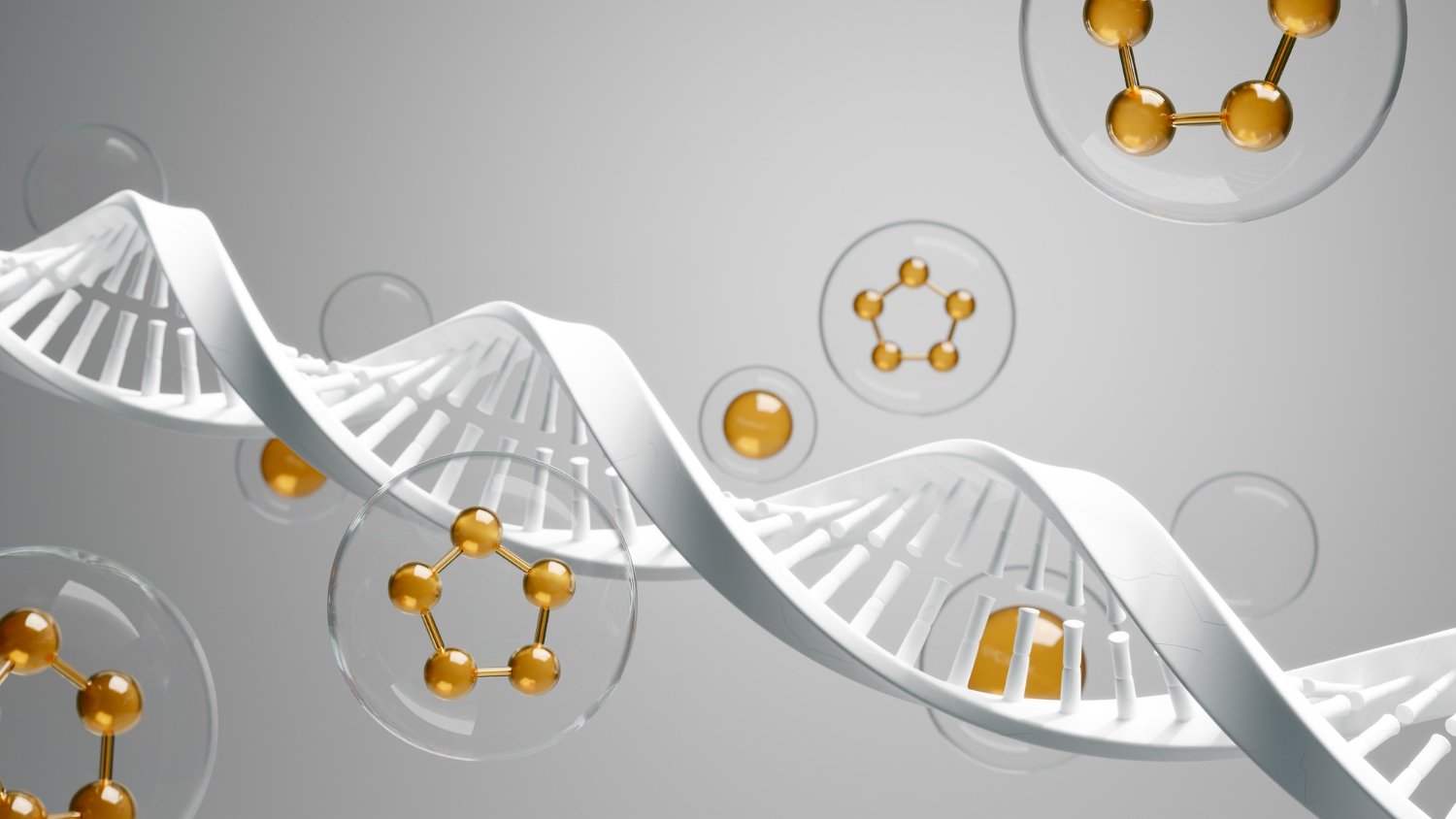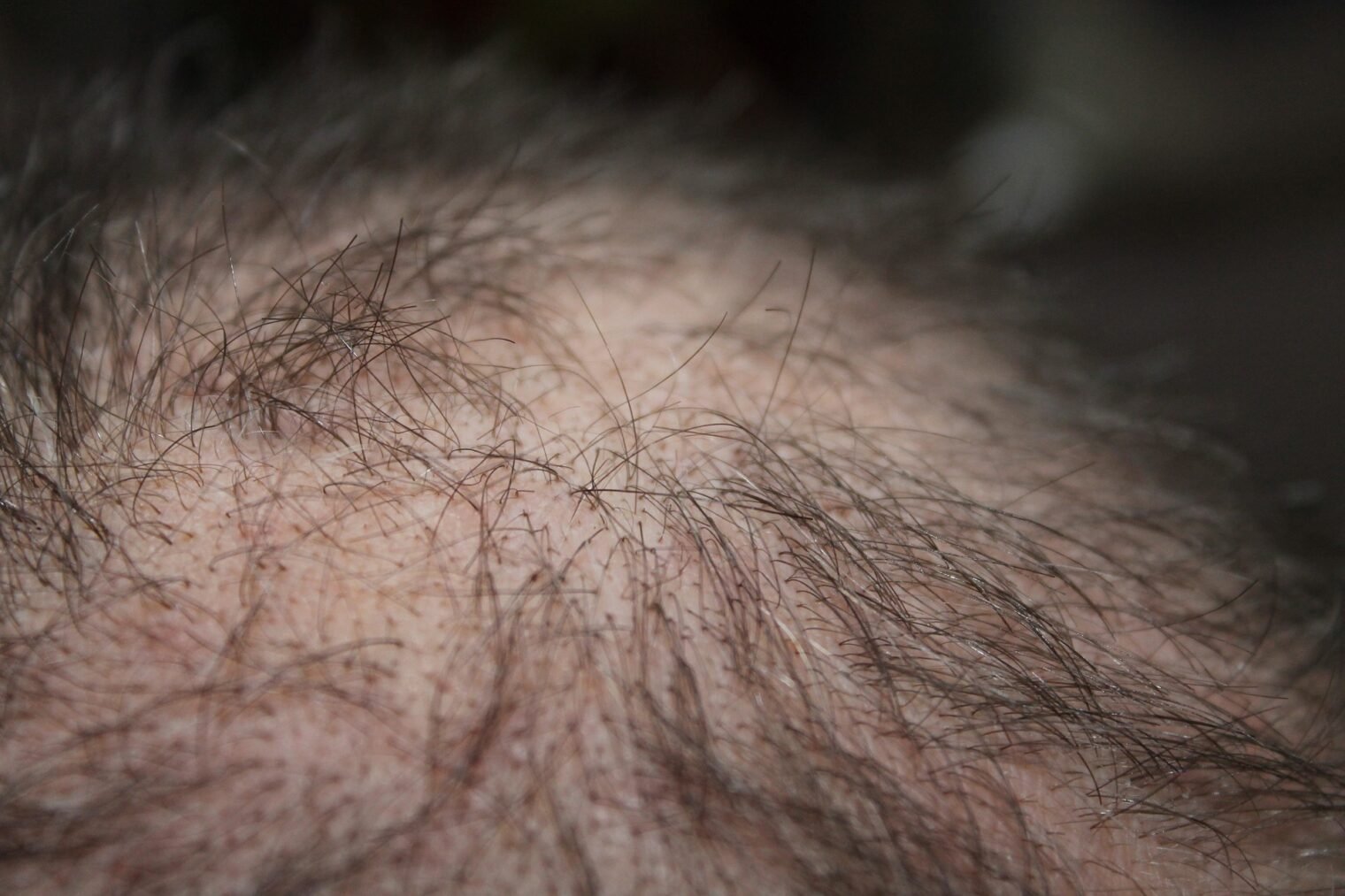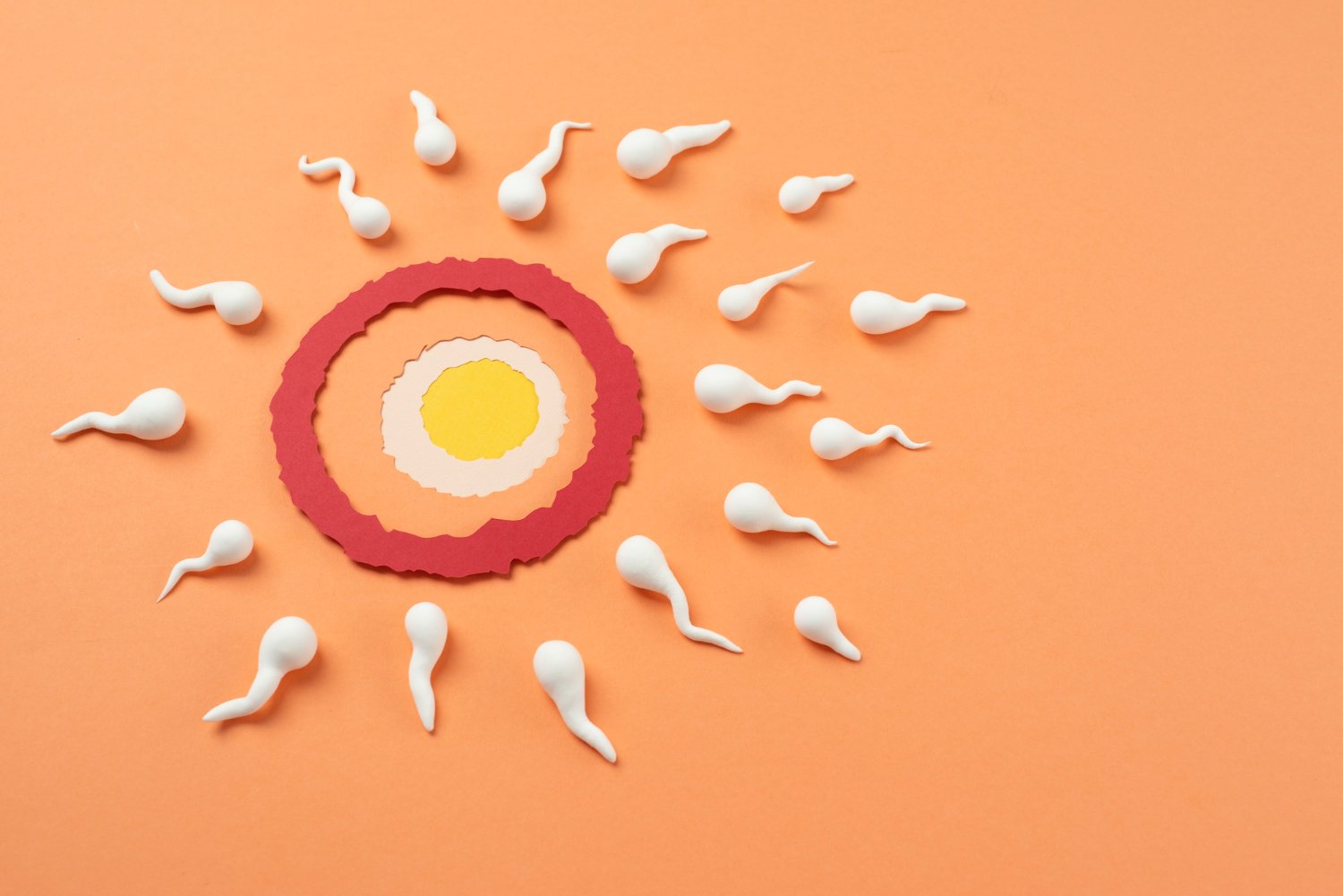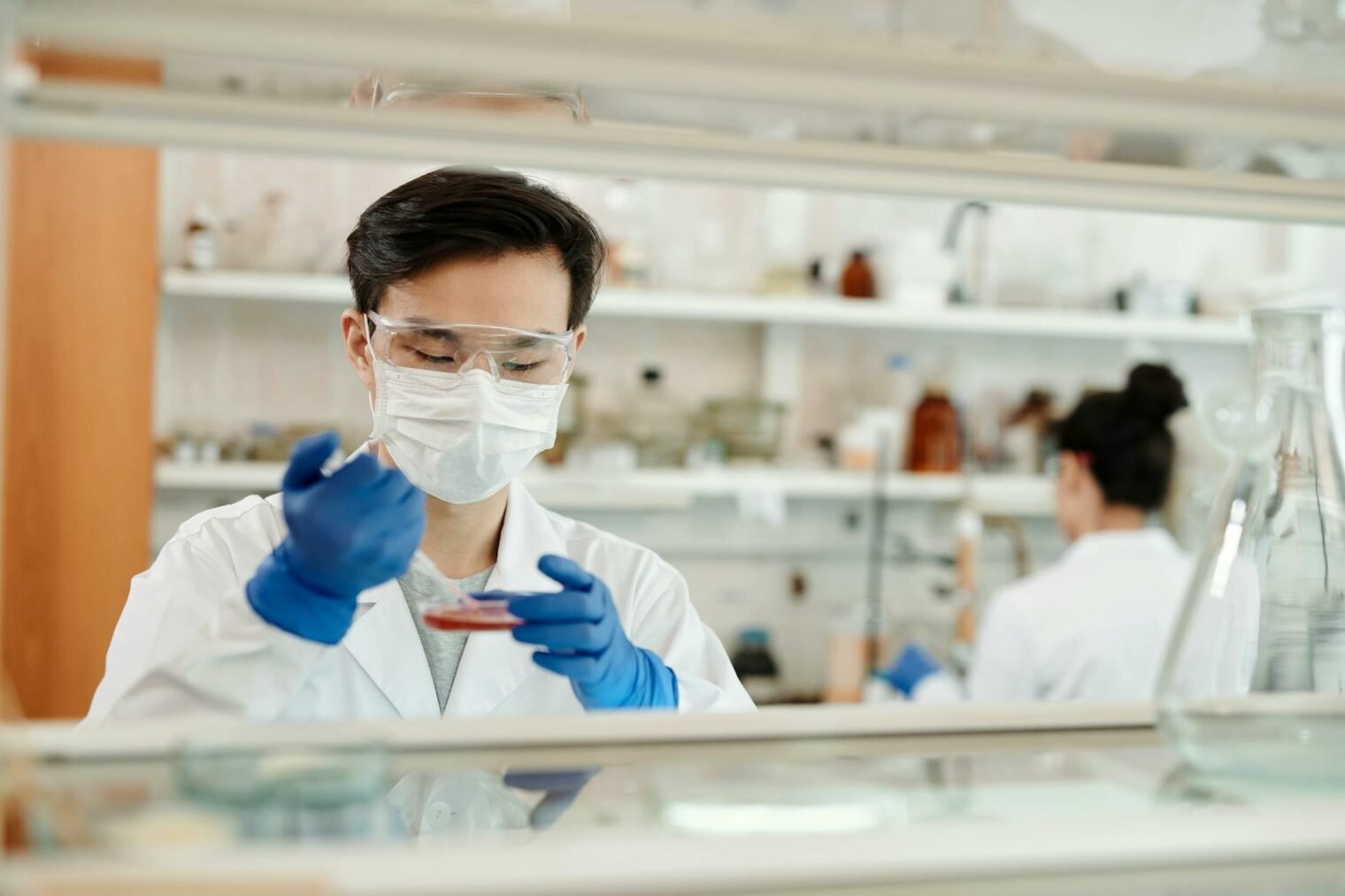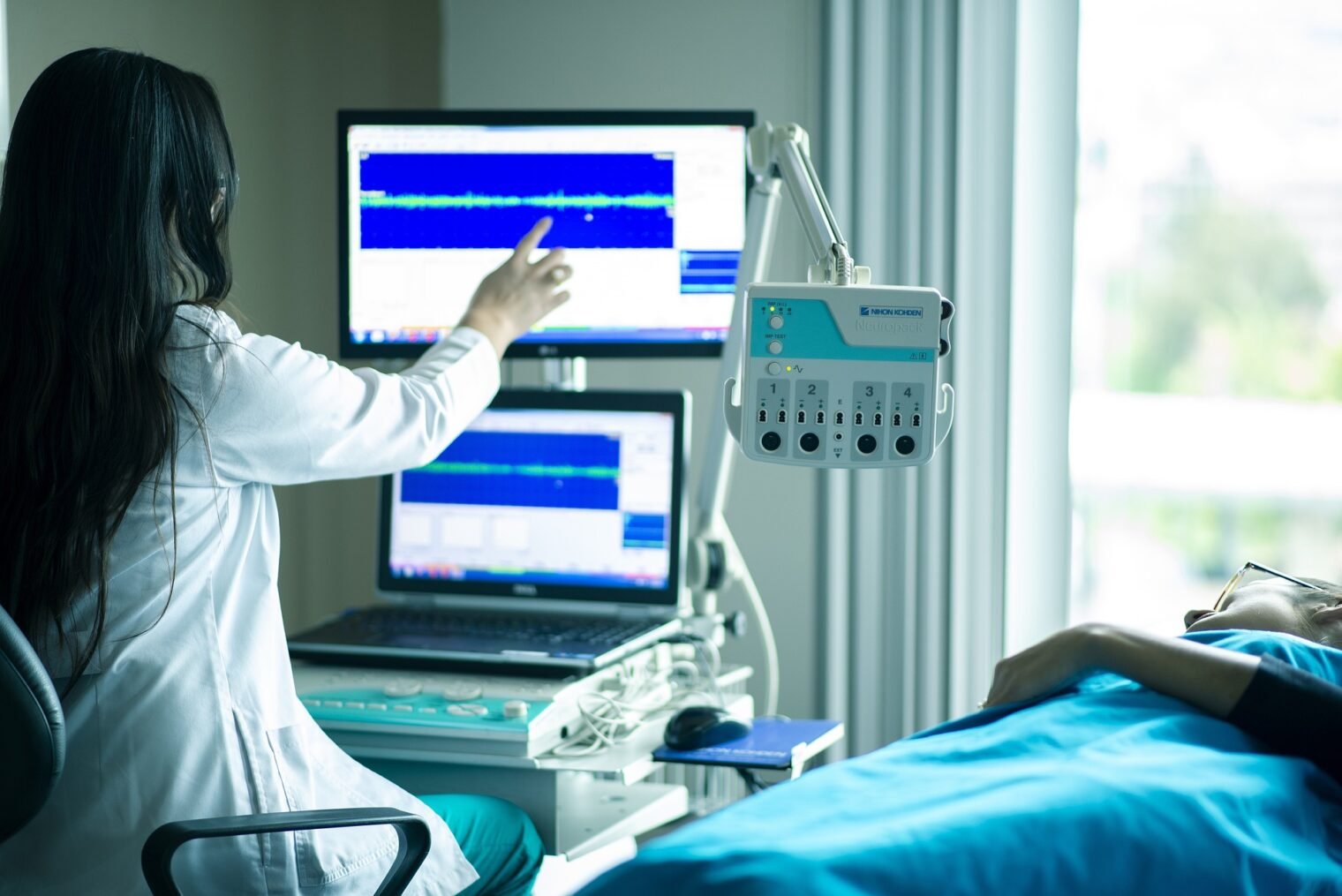Effective Testosterone Therapy for Low Testosterone Levels Management.
Managing low testosterone levels is a condition commonly referred to as Low Testosterone levels. The common symptoms of Low testosterone are crucial in identifying and addressing this condition. Fatigue, decreased libido, muscle loss, and mood swings are just a few of the signs that may indicate low testosterone levels.
It is essential to recognise these symptoms, as they can significantly impact your overall well-being and quality of life.
Once you suspect you may be experiencing Low T, the next step is to undergo a diagnosis process. This typically involves a physical examination and a blood test to measure your testosterone levels accurately. As a medical professional provider, we can assure you that this diagnostic process is straightforward and can provide valuable insights into your hormonal health, and we are here to guide you.
With over 20 years of combined experience, our doctors specialise in hair transplants, erectile dysfunction, penile enhancement, and testosterone therapy treatments.
Now, let’s delve into the various types of testosterone treatment available to manage Low testosterone effectively
It involves the administration of testosterone through various methods, such as injections, patches, gels, or pellets. When prescribed and monitored by a qualified medical professional, these treatments can significantly improve your hormone levels and alleviate the symptoms associated with Low testosterone.
It’s worth noting that testosterone treatment is not a one-size-fits-all solution. Each patient is unique, and a personalised approach is paramount to achieving optimal results. As professionals in the field, we take great care to tailor treatment plans to our patient’s specific needs and goals. This ensures that we address your concerns and work towards a healthier, more balanced life.
In conclusion, effective testosterone therapy is an indelible part of managing Low testosterone. By addressing the symptoms and restoring hormonal balance, we can help you conquer low testosterone management. With our expertise and personalised approach, we can navigate you toward a brighter and more fulfilling future. So, don’t hesitate to contact us for a consultation so we can guide you every step of the way.
• Low testosterone can cause symptoms such as fatigue, decreased libido, muscle loss, mood swings, and difficulty in completing daily tasks.
• Diagnosis of low testosterone involves a physical examination and blood test to measure testosterone levels, along with any additional tests to rule out other causes.
• Testosterone replacement therapy (TRT) is a common treatment option, administered through injections, patches, gels, or pellets and prescribed and monitored by a qualified medical professional.
• Lifestyle changes such as regular exercise, maintaining a healthy weight, managing stress levels, and a balanced diet can help manage low testosterone levels.
Managing low testosterone levels can be achieved through lifestyle changes.
Regular physical exercise, especially when combined with resistance training, has been shown to increase testosterone production. Maintaining a healthy weight and managing stress levels are also important factors in improving testosterone levels.
A balanced diet that includes essential nutrients like zinc and vitamin D is crucial for testosterone production. It’s important to note that lifestyle changes alone may not be sufficient for managing severe cases. In such cases, medical intervention such as testosterone replacement therapy may be necessary.
However, for individuals with mild testosterone deficiency or those looking to optimise their testosterone levels naturally, adopting a healthy lifestyle can have significant benefits.
By providing accurate information and guidance, we can help individuals navigate the complexities of low testosterone and make informed decisions about their health.
Common Symptoms of Low Testosterone
Low testosterone can cause a range of symptoms that can significantly impact a person’s quality of life.
Fatigue is a common symptom experienced by those with low testosterone, leading to persistent tiredness, a lack of energy, and difficulty in completing daily tasks. These feelings of exhaustion can be overwhelming and make it challenging to stay productive throughout the day.
Another symptom of low testosterone is a decrease in libido or reduced interest in sexual activity; this can result in a decreased desire for sex, fewer sexual fantasies, and difficulties in achieving or maintaining an erection. These changes can have a significant impact on intimate relationships and overall satisfaction.
Mood changes are also commonly associated with low testosterone. Many individuals may experience increased irritability, depression, and a decreased sense of well-being.
These emotional changes can have a profound effect on mental health and happiness.
It is important to note that other medical conditions or lifestyle factors can also cause these symptoms.
The effects of low testosterone can also include a reduction in muscle mass and strength, a decrease in sexual desire, fatigue, and mood changes. These symptoms can significantly impact a person’s quality of life and overall well-being.
Therefore, it is essential for individuals experiencing these symptoms to seek medical attention for proper diagnosis and management.
Medical Testing for Diagnosis
We take the time to listen and understand your concerns, ensuring a personalised approach to your care.
Blood tests are then performed to measure the levels of luteinising hormone (LH), and follicle-stimulating hormone (FSH). These hormone levels provide valuable insights into the functioning of your testes and pituitary gland. By analysing these results, we can determine if low testosterone is due to a problem in the testes or if there are issues with the communication between the testes and the pituitary gland.
In addition to hormone testing, we may also conduct other tests to rule out other potential causes of low testosterone. By ruling out other possible causes, we can ensure an accurate diagnosis and appropriate treatment plan.
Treatment Options Available
Once low testosterone has been accurately diagnosed through thorough medical testing, the most common and effective treatment for low testosterone levels is testosterone therapy. This involves administering testosterone through various methods such as gels, injections, patches, or pellets. Research has shown that testosterone therapy can significantly improve symptoms of hypogonadism, including reduced libido, fatigue, and mood changes.
Benefits of Testosterone Therapy
Testosterone therapy offers several health benefits that can significantly improve your overall well-being.
Firstly, it has been shown to increase energy levels, allowing you to feel more energised and motivated throughout the day.
Additionally, testosterone therapy can help improve muscle mass, making it easier to build and maintain lean muscle.
These benefits can positively impact your physical and mental health, enhancing your quality of life.
Health Benefits of Testosterone
Numerous scientific studies have consistently shown the remarkable health benefits associated with testosterone therapy, making it a highly effective and evidence-based
treatment option for individuals experiencing low testosterone levels.
One significant benefit of testosterone replacement therapy is its positive impact on sexual function in men with low testosterone levels. Research conducted on men with
hypogonadism, a condition characterised by low testosterone levels, has revealed that testosterone therapy significantly improves erectile function and sexual desire.
Additionally, another study demonstrated that testosterone replacement therapy enhances sexual function, including libido, erectile function, and overall sexual satisfaction, in men
experiencing low testosterone levels. These findings provide a concrete testament to the diverse health benefits of testosterone therapy for individuals with low testosterone levels.
Furthermore, testosterone therapy has been found to have a multitude of other positive effects on overall health. It has been proven to increase muscle mass and strength, thereby
improving physical performance and vitality. Additionally, testosterone therapy improves bone mineral density, reducing the risk of osteoporosis and fractures.
Testosterone therapy also enhances cognitive function, leading to improved memory, focus, and mental clarity. Beyond the physical and cognitive benefits, testosterone therapy also improves mood and quality of life, contributing to a sense of well-being and happiness.
As a medical clinic, we want to ensure that individuals seeking
help for low testosterone levels are well-informed about the potential benefits of testosterone therapy. By providing accurate and factual information, we can empower individuals to make informed decisions about their health.
Increased Energy Levels
Low testosterone levels can significantly impact an individual’s energy levels.
When testosterone levels are low, it can lead to fatigue and a lack of motivation. Thankfully, testosterone therapy has proven to be an effective solution for increasing stamina and improving energy levels in those with low testosterone.
Studies have shown that testosterone replacement therapy can enhance physical performance and reduce fatigue. This means that individuals undergoing testosterone therapy can engage in activities with increased vigour and endurance. So, suppose you’ve been feeling constantly tired and lacking the energy to do the things you love. In that case, testosterone therapy can help restore your energy levels and improve your overall quality of life.
In addition to increasing energy levels, testosterone therapy has also been associated with improvements in mood. Feeling low in energy can often lead to feelings of frustration and even depression. By addressing low testosterone levels, testosterone therapy can help improve mood and contribute to an overall sense of well-being and vitality.
Testosterone therapy is a proven treatment option for low energy levels caused by low testosterone. If you’re experiencing fatigue and a lack of motivation, it’s important to consult with a medical professional who specialises in testosterone treatments. They can evaluate your hormone levels and determine if testosterone therapy is the right course of action for you.
Improved Muscle Mass
Testosterone therapy can have a positive impact on muscle mass.
Testosterone plays a vital role in stimulating protein synthesis in the muscles, leading to increased muscle mass.
Numerous studies have demonstrated that testosterone therapy can significantly increase lean body mass and muscle strength in individuals with low testosterone levels. This especially benefits those who engage in strength training or athletic activities. By promoting muscle growth and enhancing muscle strength, testosterone therapy can enhance athletic performance and allow individuals to excel in sports or physical activities.
Remember, it’s essential to approach any medical treatment with caution and under the guidance of a qualified healthcare provider.
Types of Testosterone Treatment
Different Types of Testosterone Treatment
There are several types of testosterone treatment available for managing low testosterone levels.
Testosterone replacement therapy (TRT) is the most common form of treatment and involves administering testosterone through various methods. One option is testosterone injections, which are typically given every one to two weeks. These injections provide a steady release of testosterone into the bloodstream, but they may cause fluctuations in hormone levels.
Another option is testosterone wipes, which are applied on the skin and release a controlled amount of testosterone over a 24-hour period.
Frequently Asked Questions
Are There Any Natural Remedies or Lifestyle Changes That Can Help Increase Testosterone Levels Without the Need for Therapy?
You can try natural remedies and lifestyle changes to increase testosterone levels without therapy. These alternative options for low testosterone management include exercise, a healthy diet, weight loss, stress reduction, and getting enough sleep.
So, don’t let low testosterone hold you back; explore the options available and reclaim your vitality today.
Don’t forget to follow us on social media for more info!
Facebook: He Clinic, He Clinic Bangkok
Instagram: heclinicfor_men
Twitter: @heclinicformen
Tiktok: heclinics
HE CLINIC Fifty-Fifth Thonglor, 2nd Fl. Thonglor Soi 2, Sukhumvit, Bangkok, Thailand 10110
Tel: +66 (0)82 5888 647 (ENG) +66 (0)2 381 5155 (TH) E-mail: info@heclinics.com
